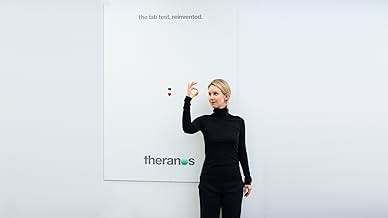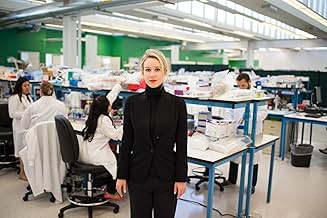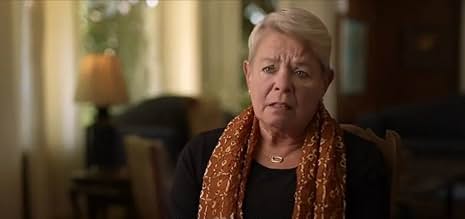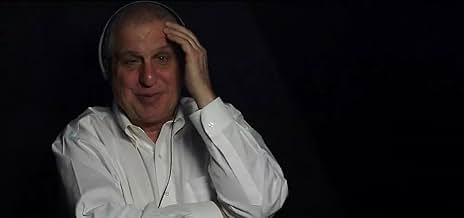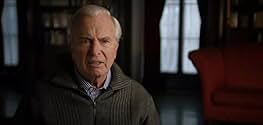The story of Theranos, a multi-billion dollar tech company, its founder Elizabeth Holmes, the youngest self-made female billionaire, and the massive fraud that collapsed the company.The story of Theranos, a multi-billion dollar tech company, its founder Elizabeth Holmes, the youngest self-made female billionaire, and the massive fraud that collapsed the company.The story of Theranos, a multi-billion dollar tech company, its founder Elizabeth Holmes, the youngest self-made female billionaire, and the massive fraud that collapsed the company.



